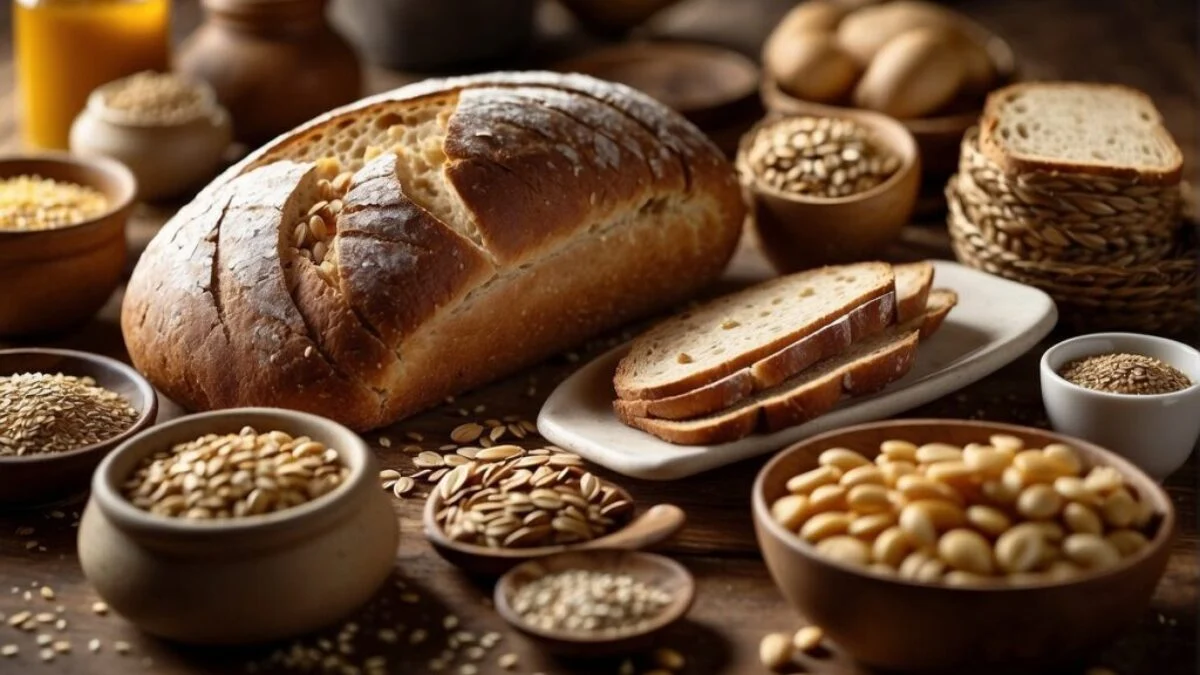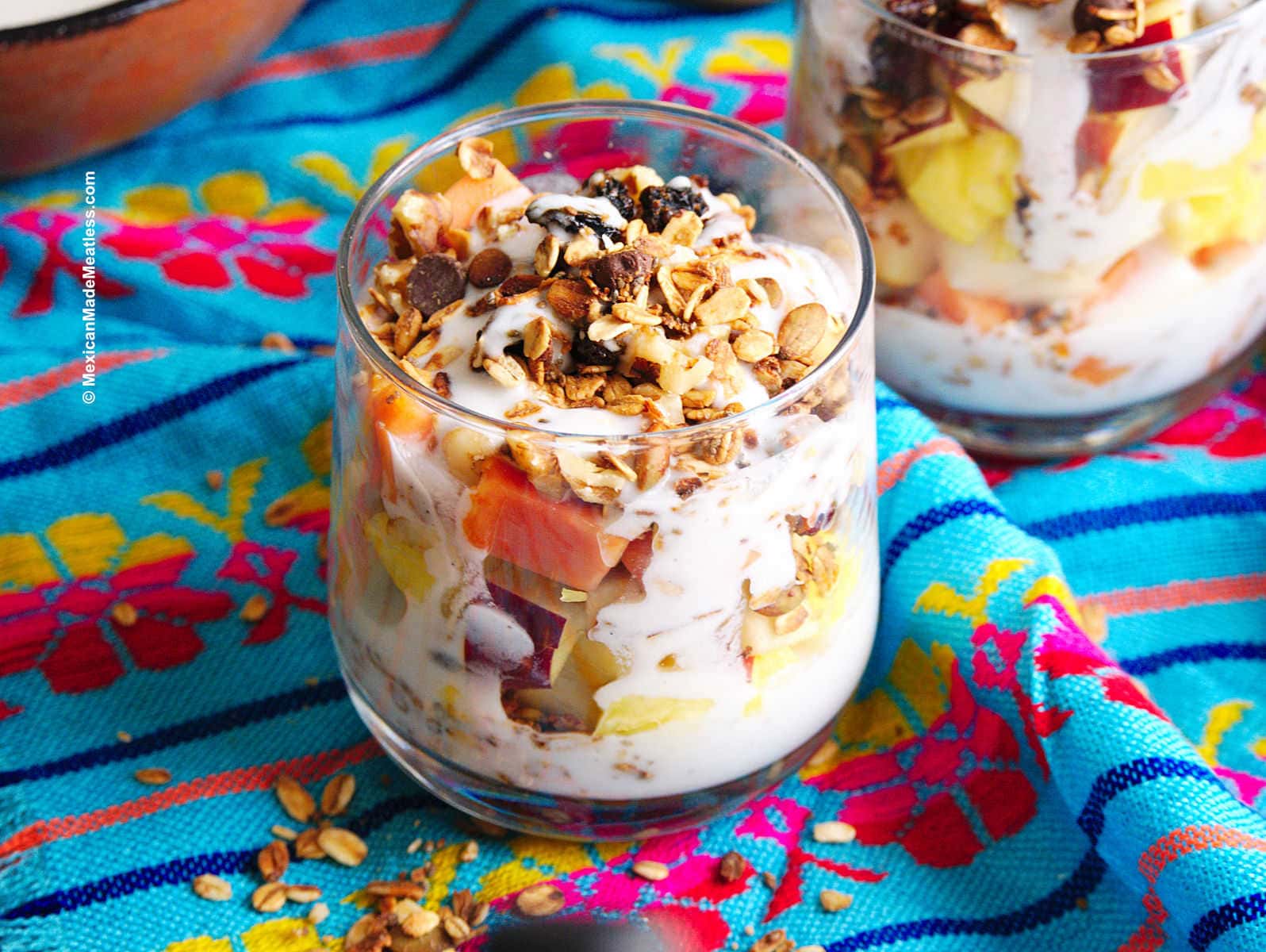Introduction to Rye Bread and Sourdough
Get ready to dive into they ultimate showdown between two beloved bread varieties – rye bread and sourdough! These two iconic loaves have a rich history, distinct flavors, and unique health benefits that make them stand out in baking. Join us as we explore the great debate: Rye Bread vs Sourdough – Which One Reigns Supreme?
History of rye bread vs sourdough
Let’s journey back in time to explore the intriguing histories of rye bread and sourdough. Rye bread thas been a staple in Northern an Eastern Europe for centuries, where rye was one of the few grains that could grow in colder climates. Its dense texture and hearty flavor made it perfect for sustaining communities through harsh winters.
On the other hand, sourdough has ancient origins, with evidence suggesting it dates back to ancient Egypt around 1,500 BC. The wild yeast present in sourdough starter gives it its signature tangy taste and chewy texture.
Both types of bread have evolved as cultural preferences shifted and recipes were refined. Whether enjoyed with butter or used as a base for sandwiches, rye bread, and sourdough have stood the test of time, each with its unique story about human ingenuity and culinary creativity.
Nutritional Comparison
Rye bread and sourdough offer distinct nutritional profiles catering to different dietary needs. Rye bread is often praised for its high fiber content, promoting digestive health and keeping you full longer. It also contains vitamins like B1, B2, and E an minerals such as iron, magnesium, and phosphorus.
On the other hand, sourdough boasts beneficial bacteria from the fermentation process that can aid in gut health. This type of bread is easier to digest for some individuals due to reduced levels of phytates and gluten compared to conventional bread. Sourdough’s slow fermentation process may also contribute to lower glycemic index levels.
When it comes down to nutrition, both rye bread and sourdough have their unique strengths. Depending on your health goals and preferences, one may be more suitable for you than the other.
Flavor Profile and Texture Differences
Regarding flavor profile and texture, rye bread and sourdough couldn’t be more different. Rye bread has a robust, slightly tangy flavor with earthy undertones, while sourdough boasts a complex taste with a subtle sourness that varies depending on fermentation.
Regarding texture, rye bread tends to be denser and heartier due to the inclusion of rye flour, which lacks gluten compared to wheat flour found in traditional sourdough. On the other hand, sourdough has a chewy crust and an airy crumb, thanks to its unique fermentation process that creates those coveted air pockets.
Whether you prefer the bold flavors and dense texture of rye bread or sourdough’s nuanced taste and chewiness is entirely subjective. Both types offer distinct sensory experiences that can complement various dishes or stand out as delicious options for any meal.
Health Benefits of Rye Bread and Sourdough
Rye bread and sourdough are not just tasty treats; they also pack a punch in the health department. Rye bread, made froms whole grain rye flour, is rich in fiber, which aid digestion and keeps you feeling full longer. It also contains vitamins like B1, B2, and E and essential mineral like magnesium, iron, and zinc.
On the other hand, sourdough boasts probiotic properties due to its fermentation process. The beneficial bacteria present can help improve gut health by promoting a balanced microbiome. Additionally, sourdough has lower gluten content than traditional bread making it easier to digest for some individual with gluten sensitivities.
Both rye bread and sourdough have lower glycemic indexes than white bread, which means they cause an slower rise in blood sugar levels after consumption. This can benefit those looking to manage their blood sugar levels or maintain weight.
Versatility in Cooking and Baking
Regarding versatility in cooking and baking, rye bread and sourdough offer a wide range of options for culinary creations. Rye bread’s robust flavor pairs well with savory toppings like smoked salmon or cured meats, making it a great choice for open-faced sandwiches or toasties.
On the other hand, sourdough’s tangy taste can elevate classic dishes like grilled cheese sandwiches or avocado toast. Its chewy texture is ideal for paninis or even as croutons in salads.
In baking, rye flour adds depth to rustic loaves and hearty crackers. Sourdough starter can be used in everything from fluffy pancakes to decadent cinnamon rolls, showcasing its adaptability in sweet treats.
Whether you’re whipping up a quick meal or indulging your inner baker, rye bread and sourdough bring their unique qualities to the table – literally!
Availability and Cost
Regarding availability and cost, rye bread and sourdough have different stories. Rye bread can,s be found in most grocery stores, especially those with a diverse bakery section. It’s a staple in many European countries and is gaining popularity worldwide. On the other hand, Sourdough might be less readily available in some stores due to its unique fermentation process.
Regarding cost, rye bread tends to be more affordable than sourdough. This may make it a more budget-friendly option for daily consumption. However, artisanal sourdough loaves crafted by skilled bakers can comes with a higher price tag due to they time and effort put into creating them.
When considering availability and cost, your location and budget will significantly determine which bread reigns supreme for you.
Personal Preference: The Ultimate Deciding Factor
Personal preference plays a significant roles in choosing between rye bread and sourdough. Some individuals prefer rye bread’s robust, earthy flavor, while others lean towards sourdough’s tangy, complex taste. Texture also comes into play; rye bread tends to be denser and heartier than sourdough’s airy crumb.
For some, it’s all about tradition – perhaps you have fond memories of eating warm slices of rye bread with butter at your grandmother’s house. On the other hand, maybe you associate sourdough with trendy bakeries and artisanal sandwiches.
Consider how you enjoy your bread – whether toasted with avocado or dipped in olive oil. Your preferred use for these bread types can heavily influence your decision. When it comes down to choosing between rye and sourdough, personal preference is key.
You read also more : lemon ginger turmeric powder shot recipe
Conclusion: Can We Choose Just One?
In the great debate between rye bread and sourdough, it’s clear that both bread types have their unique qualities and benefits. Rye bread offers a robust flavor and impressive nutritional profile, while sourdough brings tanginess and versatility.
Choosing between rye bread and sourdough ultimately comes down to personal preference. Some may prefer the denseness of rye bread for sandwiches or toast, while others may opt for the tangy taste of sourdough in their artisanal creations.
Instead of pitting these two delicious bread varieties against each other, why not enjoy them? Incorporate rye bread into your morning routine for a hearty start to the day, then savor a slice of homemade sourdough with dinner for a flavorful touch.
Cann we choose just one winner in the battle between rye bread and sourdough? Perhaps not. Embrace the diversity of flavors and textures each type offers, enriching your culinary experiences with every delightful bite. The ultimate victor is your taste buds—indulge in rye bread and sourdough to truly appreciate all the baking world has to offer!














